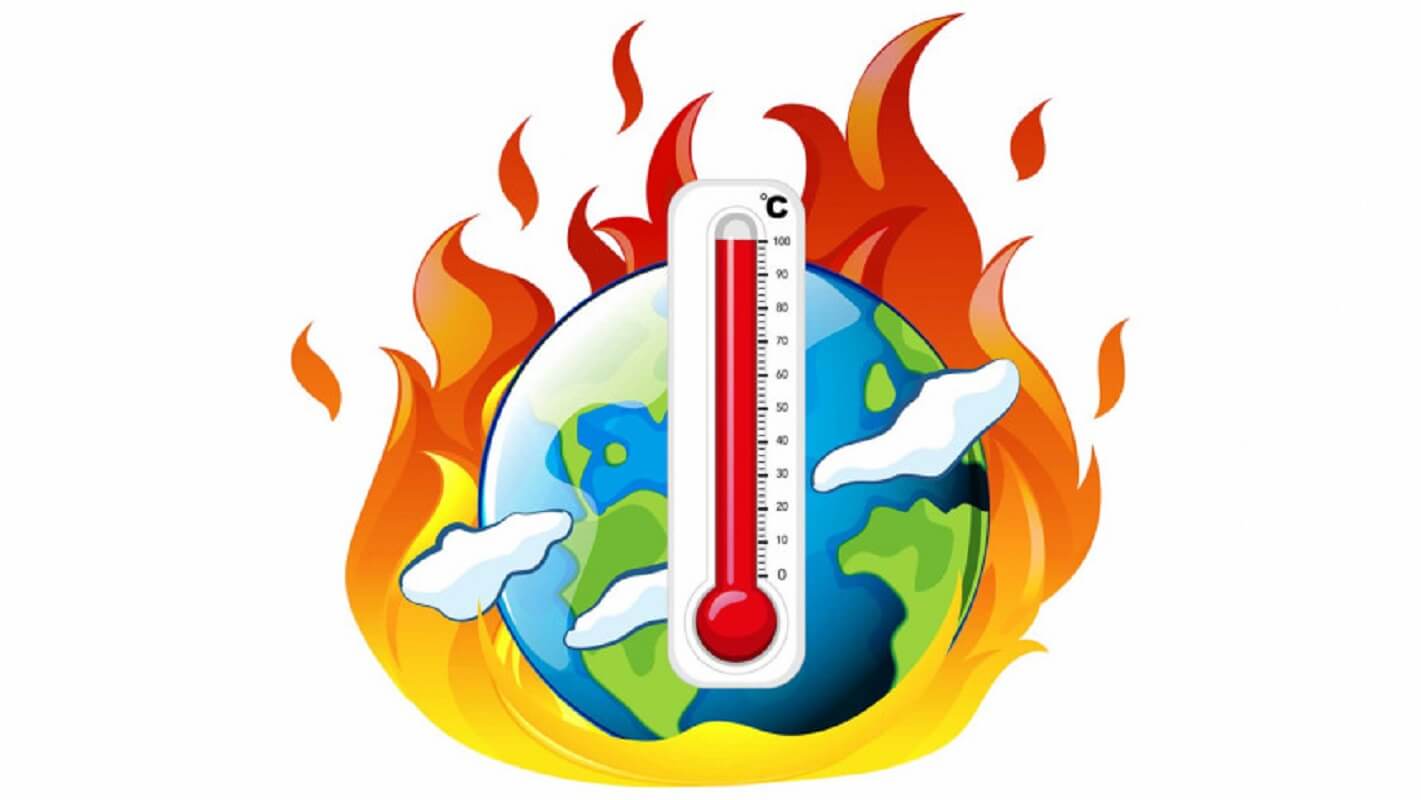Climate Action: We’re Running Out of Time
Saleemul Huq | 20 April 2022
The Intergovernmental Panel on Climate Change (IPCC) is a United Nations (UN) body set up to commission major assessments of the state of science on climate change and issue their assessment report every five or so years. It has three Working Groups (WGs): WG I is for climate science, WG II for vulnerability impacts and adaptation, and WG III for actions to avoid climate impacts.
Just recently, the IPCC issued the reports of all three Working Groups of its sixth assessment cycle. I was quite confident that I knew what would be in their report, but I am quite shocked by the findings. I will explain why.
All the previous IPCC reports gave evidence of what would happen if we continued to emit greenhouse gases (GHGs) that lead to global temperature rise, and emphasised the need to step up actions to mitigate and adapt in anticipation of future impacts of human-induced climate change.
However, the WG I report of the sixth assessment cycle, which came out in August last year, reported that the impacts of human-induced climate change were already evident, and could be unequivocally attributed to the temperature rise of over one degree Celsius. Then WG II came out with their report in February this year, which reported hundreds of cases of climate impacts such as floods, cyclones, heat waves, wildfires and droughts, which were beyond any previous records, and again attributed their severity to the fact that the global temperature has gone up over one degree Celsius. It also emphasised the need to invest more in adaptation in the developing countries as well as the developed countries. Then WG III came out with its report last month, and again raised the alarm that we were not taking enough actions for both mitigation and adaptation, and that the window for taking such actions is closing very rapidly.
This was despite the fact that all the governments had agreed in the Paris Agreement in 2015 to limit their emissions to keep the global temperature rise below 1.5 degrees Celsius, and the developed countries promised to provide USD 100 billion a year to help the developing countries with mitigation and adaptation measures.
However, as the UN Secretary-General Antonio Guterres said at the press conference to announce the WG III report, leaders of the major countries have failed to keep their promises to reduce GHG emissions as well as fund the developing countries. In fact, he went so far as to accuse them of lying, which illustrated the frustration that he, quite rightly, felt about the lack of action regarding climate change.
This means that we only have a few years to take drastic actions to both mitigate andw adapt effectively, as we are already beginning to see the losses and damages caused by the impacts of climate change.
As the IPCC starts to plan its seventh assessment cycle for the next five years, it is important that the vulnerable developing countries demand a special report on loss and damage. They previously demanded such a special report on temperature rise, which was effective in getting the goal of 1.5 degrees Celsius in the Paris Agreement. A special report on loss and damage could have a similar effect to galvanise the stalled negotiations on finances for the losses and damages that the developing countries are suffering. As the leader of the Climate Vulnerable Forum (CVF), Bangladesh could advocate for such a special report.
At the same time, in Bangladesh, we have to start thinking about the fact that global temperature rise may go beyond 1.5 or even two degrees Celsius, and be better prepared ourselves to be able to tackle the inevitable losses and damages that will happen. One measure could be to develop a national mechanism to address loss and damage as a public-private partnership between government and non-government actors.
In conclusion, I predict that by the time the seventh assessment report of the IPCC comes out, it will be a catalogue of impacts that have already happened and will continue to happen because we failed to act in time. The sixth assessment report of the IPCC is the last warning to policymakers around the world to take action immediately to avoid the worst impacts of climate change.
Dr Saleemul Huq is the director of the International Centre for Climate Change and Development (ICCCAD) at Independent University, Bangladesh (IUB).
This article was originally published on The Daily Star.
Views in this article are author’s own and do not necessarily reflect CGS policy
